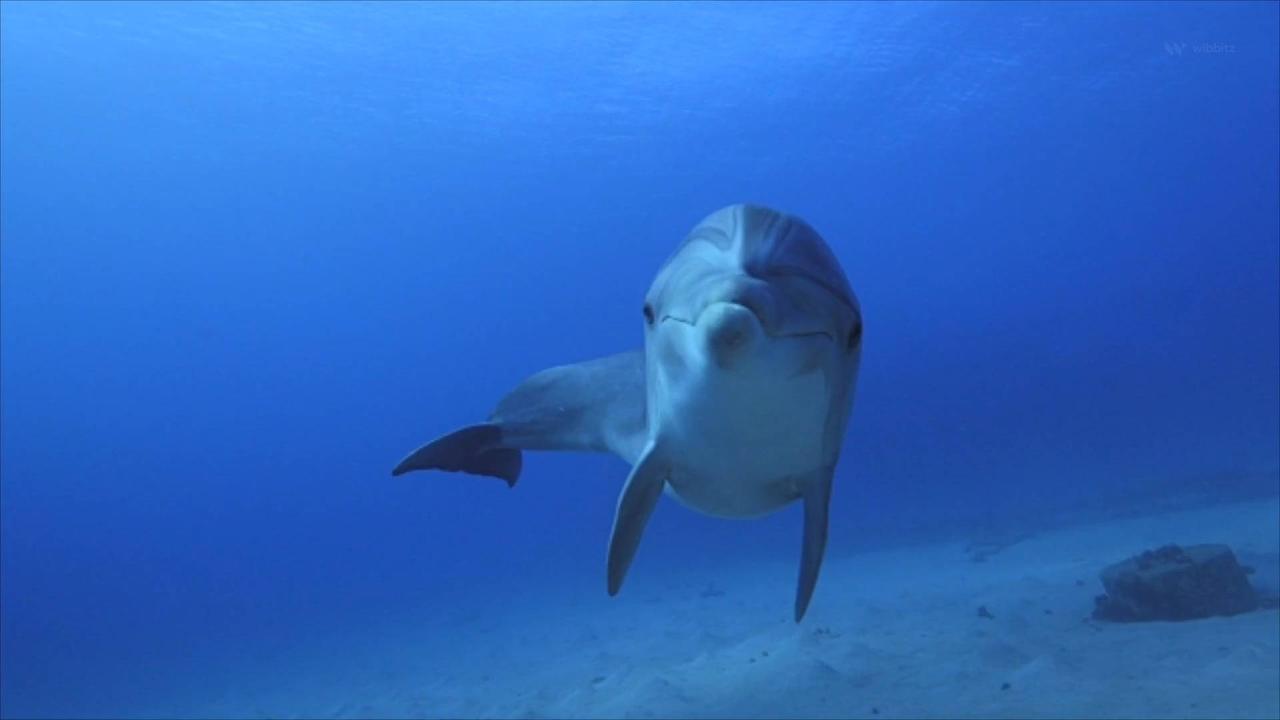
Study Reveals First Case , of an American Dolphin , Diagnosed With Bird Flu.
'Newsweek' reports that a new study has found that a Florida dolphin was discovered with a "highly pathogenic" form of bird flu.
'Newsweek' reports that a new study has found that a Florida dolphin was discovered with a "highly pathogenic" form of bird flu.
The case is the first cetacean ever recorded in North America with highly pathogenic avian influenza virus (HPAIV).
The case is the first cetacean ever recorded in North America with highly pathogenic avian influenza virus (HPAIV).
The study warns that a highly contagious bird flu "could be catastrophic" for cetacean species.
In March of 2022, a dolphin was found "in distress" in a Dixie County canal and died shortly after the arrival of a rescue team.
.
A postmortem revealed that the dolphin suffered from a number of health problems, including leptomeninges disease and brain inflammation.
We still don't know where the dolphin got the virus and more research needs to be done, Richard Webby, Director of the World Health Organization Collaborating Center for Studies on the Ecology of Influenza in Animals and Birds at St.
Jude Children's Research Hospital, via 'Newsweek'.
After first being detected in North America in 2021, the virus has been spreading among birds and other mammals.
After first being detected in North America in 2021, the virus has been spreading among birds and other mammals.
According to researchers, harbor seals and grey seals in the area had died from the same virus.
A small amount were also found to have neurological symptoms. So far, seals and sea lions have been the primary mammal species to be impacted by the disease.
.
'Newsweek' reports that the recent study highlights the importance of learning more about the virus in order to potentially prevent it from spreading to further species.
'Newsweek' reports that the recent study highlights the importance of learning more about the virus in order to potentially prevent it from spreading to further species
